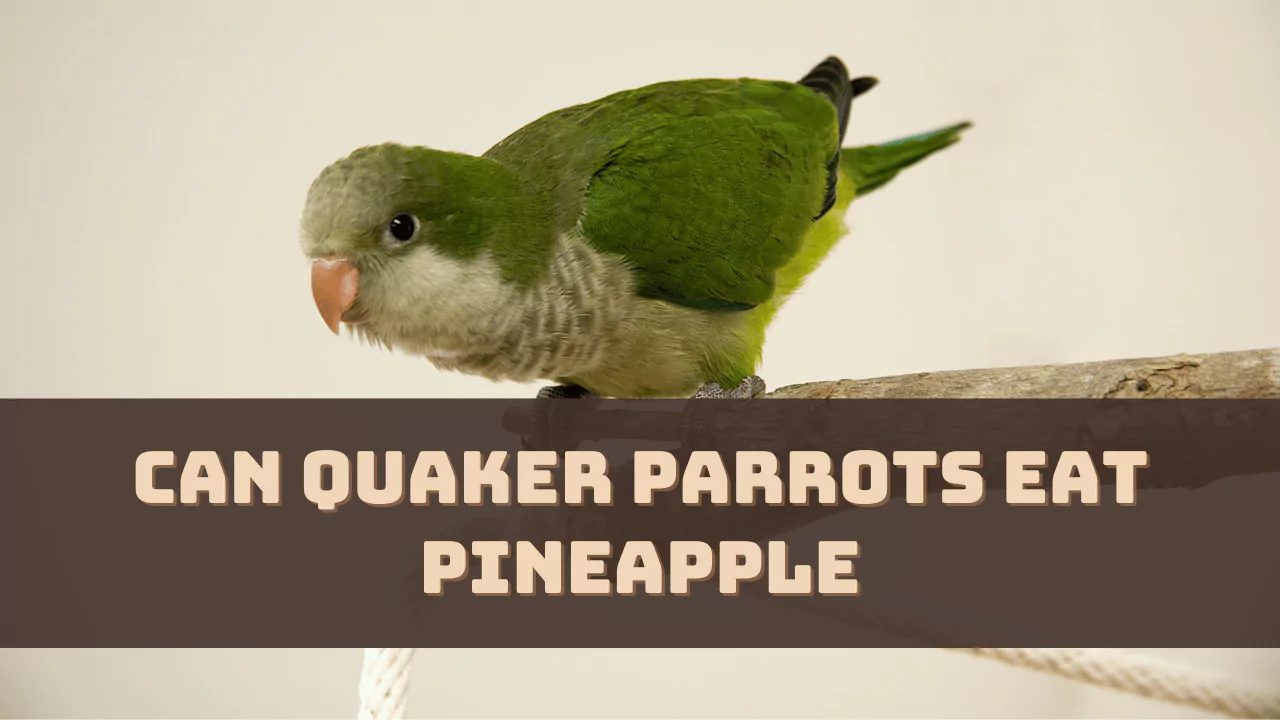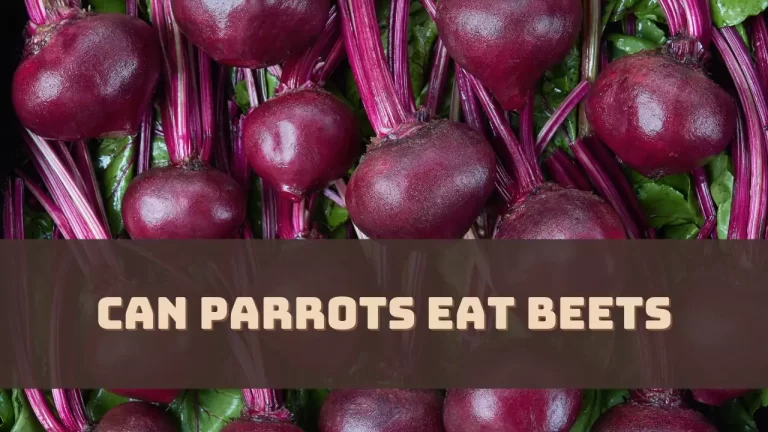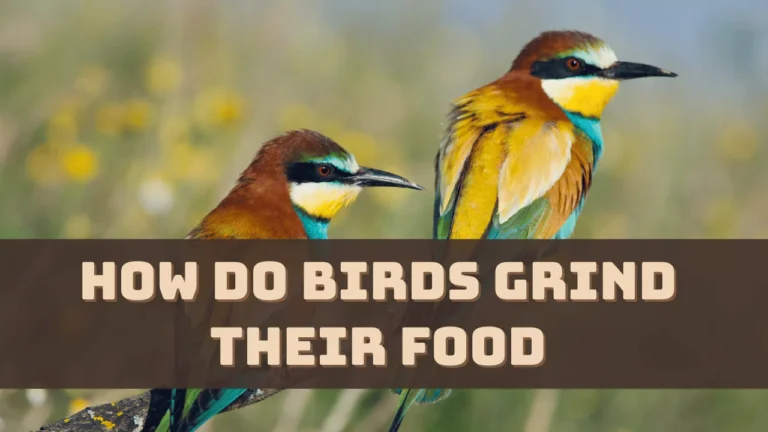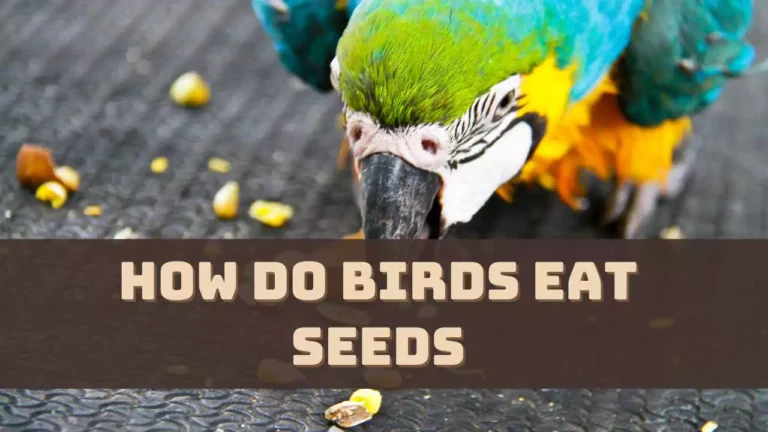Pineapple can be an excellent choice to include in the Quaker parrot’s diet as it has immense health benefits. It is high in vitamin C, and dietary fiber which helps to boost the immune system and also eases the digestion process.
But, you cannot serve the entire pineapple to the Quaker parrot. The skin and the leaves should be removed as it has harmful chemicals leading to digestion issues if ingested.
You can feed them dry pineapples, but overfeeding can lead to nutritional imbalance. So, let’s get to know what should be the right balanced diet for the Quaker parrot when you are including pineapple for the first time in their food routine.
What are Quaker Parrots?
Quaker Parrots are a variant of parrots that are quite social and known for their intelligence and striking colors. They are medium in size, have charming personalities with green plumage, and are native to South America. They are active, and playful and have the ability to mimic human speech.
Why is a Balanced Diet Important for Parrots?
A balanced diet ensures the overall health of the Quaker parrot. It should include diverse nutrients that a parrot needs, to stay healthy and maintain its well-being. Proper nutrition also contributes to overall development and the diet must include different fruits, vegetables, whole grains, seeds, nuts, and pellets. While offering food to Quaker parrots, you need to strike the right balance and it should be convenient and in a considerate manner. If you can monitor the bird’s food preferences, then it will help you make a tailored diet for them based on their liking.
What are the Benefits of Feeding Pineapple to Quaker Parrots?
The benefits that your feathered pal would get if you feed pineapple are as such –
Vitamin C
Pineapples are high in vitamin C content which keeps the Quaker bird overall healthy. It helps in collagen production and supports structures like skin, bone, and blood vessels. It also has antioxidants that protect the cells from free radicals. Pineapples also boost the immune system and maintain the overall well-being of the Quaker parrot.
Boost Immune System
Pineapples have antioxidants that help to boost the immune system of the Quaker parrot. It prevents illness and infection and also enhances the ability of the immune system to fight off diseases.
Dietary Fiber
Pineapples are high in dietary fiber content which helps in proper digestion, regulates digestive movement, prevents blockage, and keeps the gastrointestinal system of the parrot healthy. It also helps to prevent digestive issues.
Helps in Digestion
Pineapple has an enzyme called Bromelain which helps in digestion. It helps to break down protein and improves the absorption power of the digestive system. It keeps the gut healthy and also ensures that all the nutrients are neutralized properly. There are no digestive issues, such as indigestion, gas formation, or digestive blocking, when you feed pineapple to parrots.
What Parts of Pineapple Can You Feed the Parrot?
You can feed the core of the pineapple to the Quaker parrot as it is fibrous and tough. It is also safe for their consumption, but you need to chop them into smaller pieces so that there are no choking hazards and the parrot can easily digest it. The pineapple core can also provide additional nutrients and fiber to maintain the parrots’ overall health.
You can serve the fleshy part of the pineapple to the Quaker parrots as it is juicy and also contains many nutrients. It is flavourful and can be fed both raw and cooked, based on the preferences of the bird. The fruit is delicious and Quaker parrots enjoy eating it.
Which Parts of the Pineapple Should You Avoid Feeling the Quaker Parrots?
The pineapple’s outer rind or skin, which is tough, should be avoided. It is difficult for the birds to digest and can lead to gastrointestinal blockage or choking if ingested, so it should be eliminated. You have to peel the pineapple, remove the skin, and then offer the pieces to the parrot.
Quaker parrots love to eat leafy vegetables, but here you need to avoid the pineapple leaves as these are not safe for consumption. They are tough and have a harmful chemical that can prove to be toxic for the Quaker parrot.
What is the Risk of Overfeeding Pineapple to a Parrot?
If you are overfeeding pineapple to parrot, then due to its natural sugar content it can contribute to weight gain. The parrot might also show metabolic disorders or disruption in the balance of nutrients; you can also find deficiency or imbalance in essential vitamins and minerals.
The skin of the pineapple is tough and even if you peel it in small quantities or cut them in pieces, it can still result in digestive system blockage. Also, the skin contains harmful chemicals which cannot be easily washed away resulting in the toxicity in Quaker parrot.
What are the Potential Risks and Considerations While Feeding Pineapple to Parrot?
If the Quaker parrot has a sensitive digestive system, then it can show adverse reactions to the sudden change in dietary routine. So, you need to gradually introduce the pineapple and monitor the parrot for signs of any disturbance. If you notice a change in stool consistency or diarrhea, consult a veterinarian. Some parrots might show signs of an allergic reaction, such as a change in behavior, swelling, etc. So, if you notice any sign of allergic sensitivity you need to immediately take them to an avian specialist.
How to Prepare a Pineapple Meal for the Quaker Parrots?
To prepare a perfect pineapple meal for the parrot, here are the guidelines that you need to follow:
- Find ripe, organic, and fresh pineapples that have vibrant leaves. It should have a sweet aroma without any odor, bruises, or mold.
- Wash the pineapple and remove the dirt, pesticides, and residues. You can use a scrubber to remove all the unwanted particles from the surface.
- Peel the outer top skin of the pineapple and discard it, you will get that core of the pineapple.
- Cut the pineapple into smaller pieces to avoid choking risk. Based on the size and serving frequency you can feed a suitable spoon of diced pineapple. You can also grate them.
- It is usually preferred to serve pineapple once a week based on the digestive tolerance of the bird. Along with that, you must also add other fruits and vegetables to prepare a diverse and colorful menu for the bird.
- You can also serve pineapple kebab which would create colorful and attractive food items for the bird.
- Mix the pineapple with apples, melons, and a variety of other fruits to prepare a salad. During summer you can provide them with frozen pineapple treats for them to enjoy a refreshing snack.
How to Check the Quaker Parrot’s Response after Eating Pineapple?
You must constantly monitor the response of the quaker parrot, after introducing a new food item to the parrot. Look for signs of enjoyment, such as vocalization, where it can be chirping, making sounds, and expressing contentment. If there is an increase in activity level, then it is a positive response and a clear sign that they have enjoyed their meal. You would find the feathers are relaxed and have a normal appetite, then you can continue to provide pineapples to the parrots.
However, if you notice any usual behavior, such as aggressiveness, lethargy, excessive watery stool, diarrhea, change in stool color, or any kind of discomfort, then the bird might have not adjusted to the pineapple. It can also show allergic reactions such as itching, redness on the face, neck, or beak or swelling, decrease in appetite, then these are signs that you need to avoid feeding pineapple to the bird.
What are the Other Foods to Include in the Parrot’s Daily Diet?
You can include leafy greens, such as spinach, and kale, or make it attractive with colorful Bell peppers. Add melons to provide them with vitamins and minerals and keep them hydrated. You can also pair it with sweet natural sugar-content fruit or include lemon and grapes as well.
Can You Feed a Dried Pineapple to a Quaker Parrot?
Yes, dried pineapple can be fed to Quaker parrots, but you need to check the amount as when the fruit is dried the water content is removed. Thus, the nutrients become more concentrated in dried pineapple and the sugar concentration becomes higher when compared with a fresh organic pineapple. So, you must not make it part of the staple diet, rather an occasional treat would be given once a week. Otherwise, it can lead to weight gain and other obesity-related health problems, if over-consumed.
Can You Feed Canned Pineapple to Parrot?
It is usually recommended to feed organic and fresh pineapple as canned pineapples are not safe for Quaker parrots as they contain additives in the form of syrup sugar and preservatives. These chemicals can develop into health issues, thus, you need to avoid feeding canned pineapples.
Can You Feed Pineapple Juice to Parrots?
No, you cannot feed pineapple juice to parrots as they contain harmful additives, such as xylitol, which is toxic for the Quaker parrot. However, you can prepare fresh pineapple juice without any sugar or salt.




